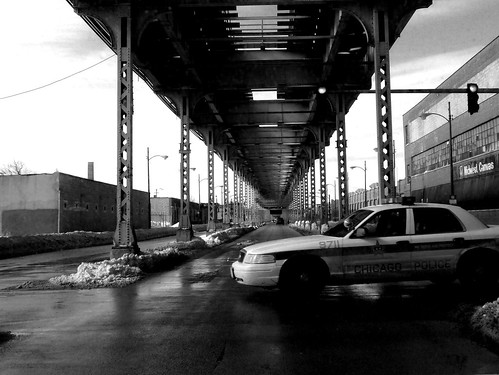Every writing student has probably heard Mark Twain’s adage “The difference between the right word and the almost right word is like the difference between the lighting and the lightning bug.” But for a really striking example of the difference word choice can make, the Utne Reader turns to a surprising place: the police blotter.
If versions of the event differ from [the reporting officer’s], these are recorded as witness statements. These can be summaries, but quotes are often included. The narrative voice at the center of an incident report is always emotionally neutral. He’s the ultimate reliable narrator. His sole job is to convince us that everything he tells us is the absolute truth. It all begins with diction. […]
At a Lewd Acts on Child crime scene, Martinez’s partner, Brown, writes, “The Victim sustained multiple injuries.” Martinez would tell us, “The baby was bleeding from three orifices.” There’s a world of difference here. Brown gives us a victim; Martinez gives us a baby. Brown offers a fact; Martinez paints a picture. […]
The essay is a great analysis of diction and the dramatic effect it has on tone—and a reminder of how lessons on writing can be found in surprising places.



